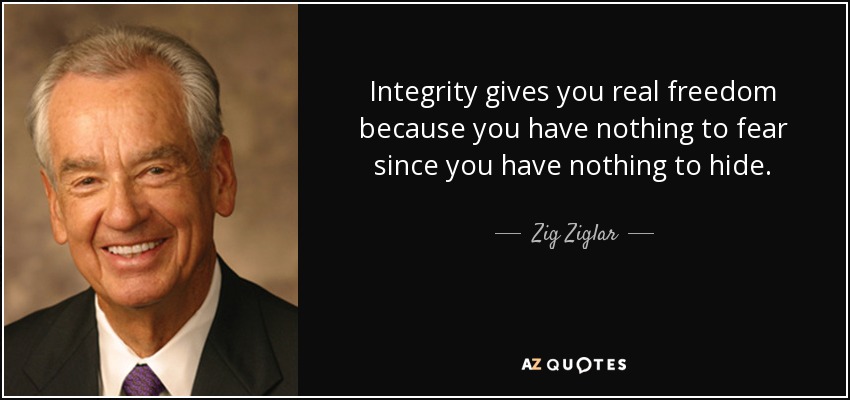Duke Kunshan University expects students to hold themselves to the highest standards for honesty, integrity, fairness, and responsibility in their academic and co-curricular endeavors. Duke Kunshan University is a community comprised of individuals from diverse cultures and backgrounds. We are dedicated to scholarship, leadership, and service and to the principles of honesty, fairness, respect, and accountability. Members of this community commit to reflecting upon and upholding these principles in all academic and non-academic endeavors, and to protecting and promoting a culture of integrity and trust. To uphold the Duke Kunshan Community Standard, each student is expected to pledge to hold him/herself to the highest standards for honesty, integrity, fairness, and responsibility in his/her academic and non-academic endeavors, to respect other cultures and embrace all forms of diversity, and to uphold the standards if they are compromised.

Lying
Lying is communicating untruths or misrepresentations in order to gain an unfair academic or employment advantage. [Wording adopted from the Duke Fuqua School of Business code.]
It includes, but is not limited to:
Cheating
Cheating is the act of wrongfully using or attempting to use unauthorized materials, information, study aids, or the ideas or work of another in order to gain an unfair advantage. It includes, but is not limited to:
“Plagiarism” occurs when a student, with intent to deceive or with disregard for proper scholarly procedures, presents any information, ideas or phrasing of another as if they were his/her own and/or does not give appropriate credit to the original source. Proper scholarly procedures require that all quoted material be identified by quotation marks or indentation on the page, and the source of information and ideas, if from another, must be identified and be attributed to that source. Students are responsible for learning proper scholarly procedures.
Plagiarism may include:
The term “assignment” includes any work, required or volunteered, submitted for review, academic credit, and/or disciplinary sanction.
All academic work undertaken by a student must be completed independently unless the faculty member or other responsible authority expressly authorizes collaboration with another.
Stealing
Stealing is the act of intentionally taking or appropriating the property of another, including academic work, without consent or permission and with the intent to keep or use the property without the permission of the owner or the rightful possessor.
From Academic Dishonesty from Duke Student Conduct Policies